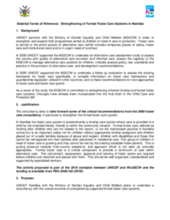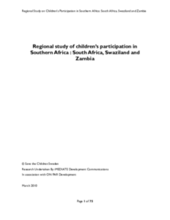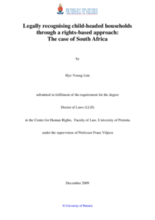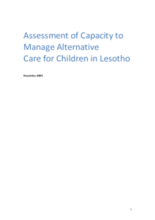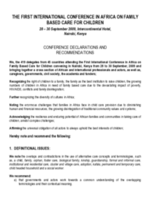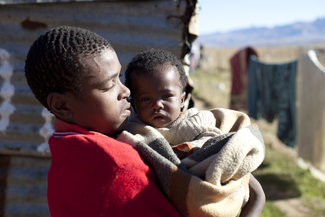

Displaying 461 - 470 of 576
UNICEF Namibia with the Ministry of Gender Equality and Child Welfare plans to undertake a consultancy with the overall outcome of strengthening supported formal foster care systems.
This report presents the findings of a regional study on children’s participation in Southern Africa.
This article explores how established faith-based organizations that work with children affected by HIV/AIDS address the Convention on the Rights of the Child and the Millennium Development Goals in their service practices and what challenges they face.
As a result of the HIV/AIDS pandemic, there are now more than 12 million orphans in sub-Saharan Africa. The majority of these children have been absorbed into their extended families.
This doctoral thesis by Hye-Young Lim examines the laws around the recognition of child-headed households in South Africa, particularly in the context of HIV/AIDS.
The alternative care assessment examines the current social welfare systems and processes rather than on the specific quality of care in the various children’s homes as standards have already been developed.
Programme of presentations and activities
Collection of abstracts from conference presentations
Summary of conference delegates' declarations and recommendations
This study uses recent data from published studies in sub-Saharan Africa to illustrate deficits and document community responses for children who have lost parents to the HIV/AIDS pandemic.

